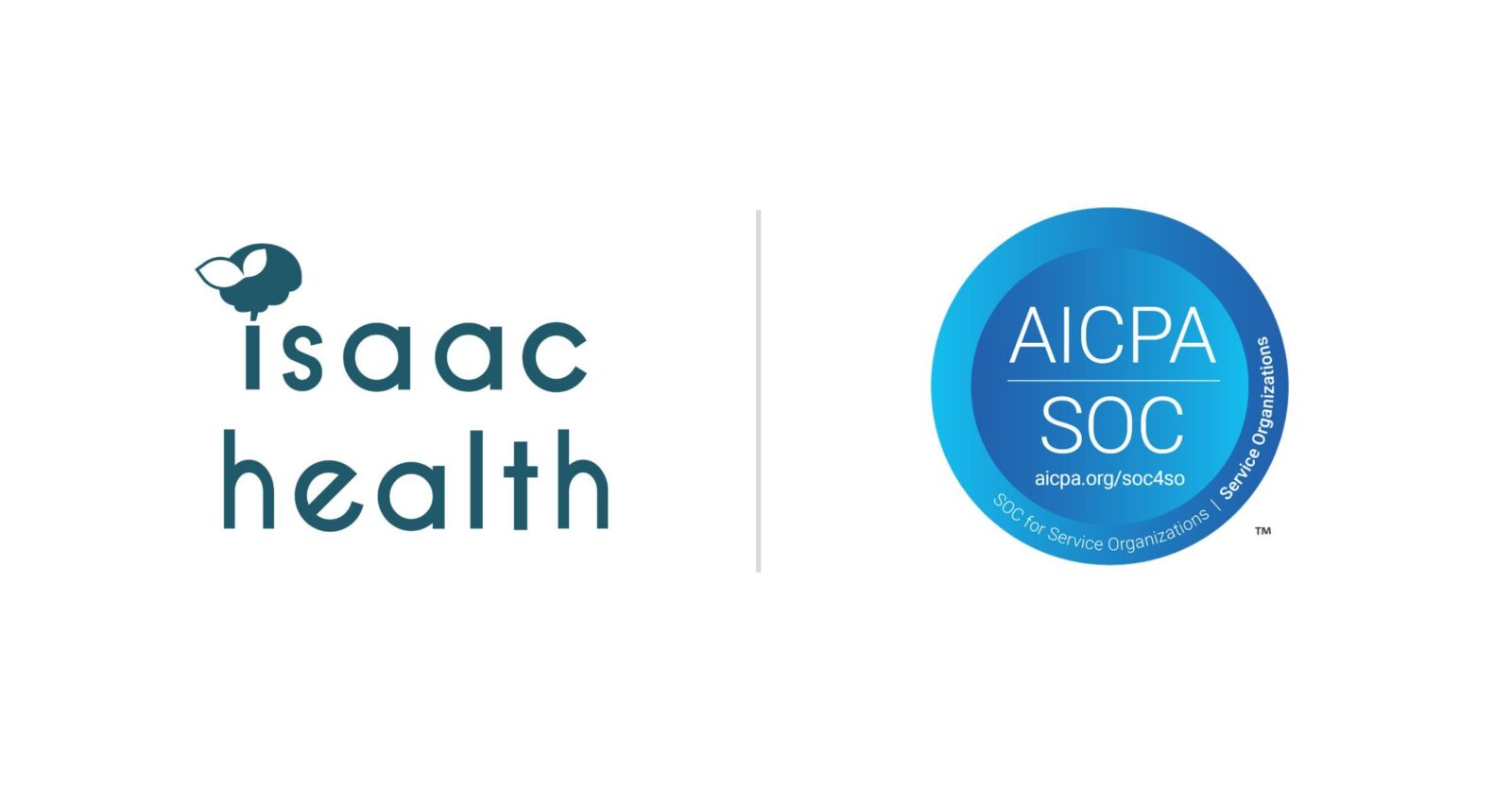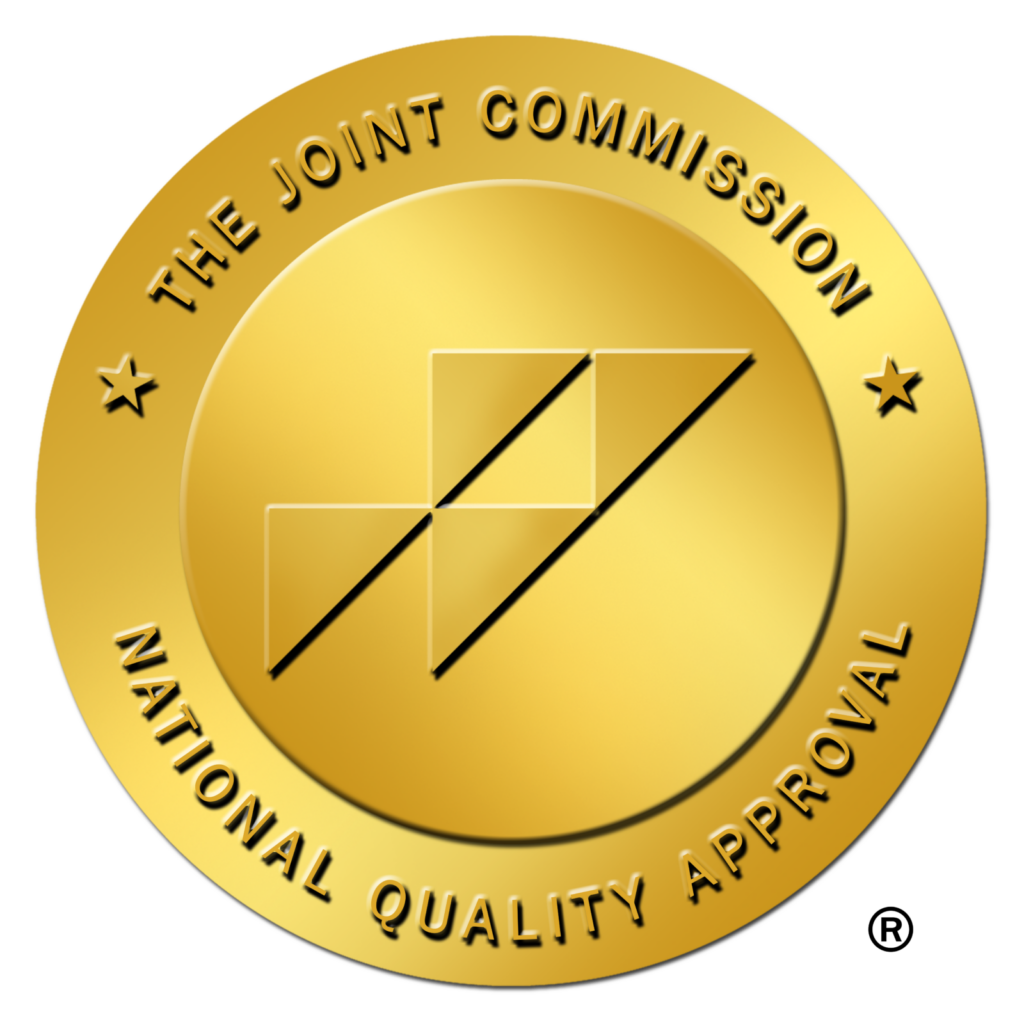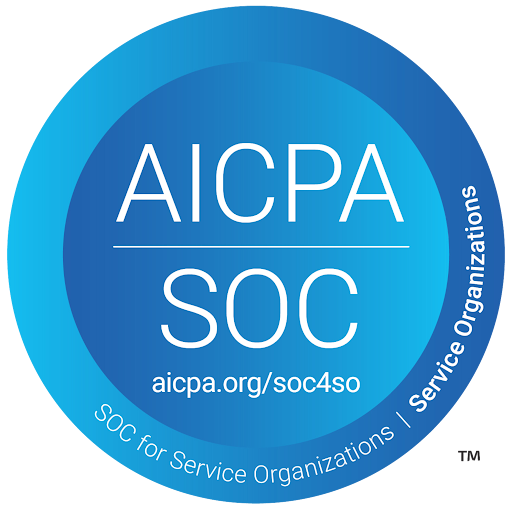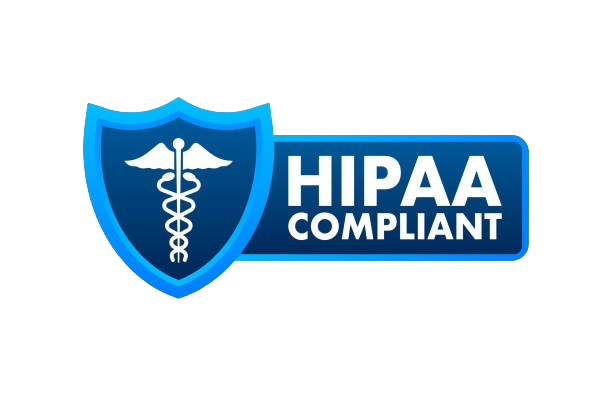Introduction: The recent full approval of Lecanemab (Leqembi) by the FDA has ushered in a new era in the treatment of Alzheimer’s disease. As the first disease-modifying treatment to receive such approval, Leqembi offers hope to patients with early-stage Alzheimer’s. However, its adoption poses cost implications for payers and risk-bearing health systems. In a newly released white paper, we delve into the background of Leqembi and other anti-amyloid drugs, project the impact on payers, and provide strategies for effective utilization management. Furthermore, we introduce Isaac Health as a specialized service ready to assist in navigating this complex landscape.
- Background to Leqembi and other anti-amyloid drugs: On July 6, 2023, the FDA granted full approval to Leqembi, a monumental milestone in Alzheimer’s treatment. This white paper aims to inform payers and accountable care organizations (ACOs) about the cost implications and utilization management strategies related to Leqembi’s approval. Additionally, CMS has announced the coverage of Leqembi through Medicare, further emphasizing the need for proactive management.
- Projected impact for payers and risk-bearing health systems: Leqembi is suitable for early-stage Alzheimer’s patients with mild cognitive impairment and mild dementia. With an estimated 1-2 million eligible Medicare beneficiaries, payers and ACOs must be prepared for the impact. However, Leqembi comes with notable black box warnings, including ARIA, which may discourage 50-80% of patients from seeking treatment. The cost impact is also a concern, with an average increase of $150-$300 in medical costs per Medicare beneficiary seeking Leqembi.
- Strategies for utilization management: To ensure equitable access and mitigate risks, payers and ACOs have several utilization management options at their disposal. These strategies include requiring specialist assessment by Alzheimer’s-experienced specialists, offering alternative treatment options based on individual circumstances, and implementing stringent prior authorization criteria. By following these steps, utilization of anti-amyloid drugs can be limited to the most appropriate patients who stand to benefit the most.
- How Isaac Health can help: Isaac Health recognizes the challenges faced by payers and ACOs in effectively managing Leqembi utilization. As a specialist service for patients with cognitive decline, we offer comprehensive assistance to facilitate utilization management. Our partnership model includes supporting the drafting of prior authorization criteria, establishing a fast expert review process, and acting as an exclusive channel for reviewing Leqembi referrals’ clinical appropriateness. To initiate a discussion on how we can assist, please connect with us here.
Conclusion: The approval of Leqembi and other anti-amyloid drugs presents an opportunity and challenge for payers and risk-bearing health systems. By implementing effective utilization management strategies, the costs can be controlled while ensuring appropriate access to patients who can benefit from these treatments. Isaac Health stands ready to support payers and ACOs in navigating this landscape, providing valuable expertise and solutions. Download the full white paper here.








